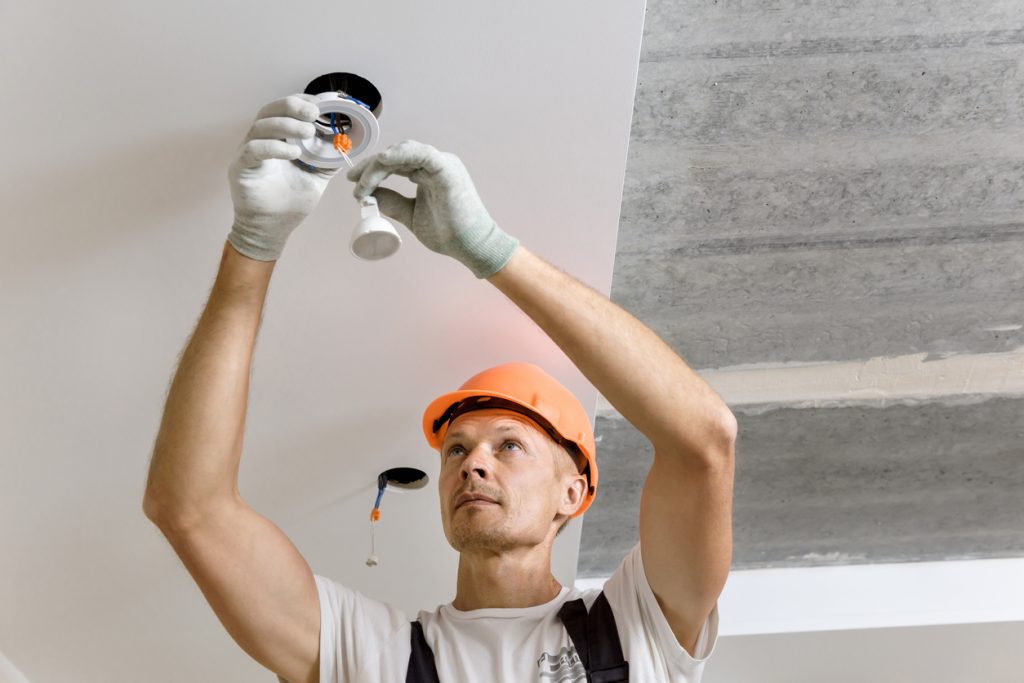As most residents of Jonesboro have discovered, our utility bills are some of the lowest in the country. In fact, they sit at 12% below the national average. While low electricity bills are great, it’s still vital that you take the time to understand how your home’s electrical system works.
Why Do My Circuit Breakers Trip Often?
Circuit breakers are designed to trip when they sense that their circuit is overloaded. This can happen when you plug in too many appliances on the same circuit. You’ll likely find this problem most prominent in the kitchen or laundry room. If the breaker constantly trips when multiple appliances try to run at the same time, it’s an indication that you need to update the power going to that circuit or utilize multiple circuits in that location of your house.
Why Does My Power Flickering When It Storms?
A common concern that Chamberlain in Jonesboro, AR hears from homeowners is that their power goes in and out when there is a storm outside. While power outages are most likely to happen during storms, they can only be blamed when your power goes out for a lengthy period of time. When your power flickers, it’s likely that there is a loose connection between the powerlines and your home’s weatherhead. The wind is what’s causing the connection to go in and out.
Why Are My Outlets Falling Out of the Wall?
Each receptacle in your home is housed within a box. The outlet is physically screwed to the box to hold it in place so that it doesn’t come out when you unplug appliances. In the event that your outlet pulls out of the wall, it’s an indication that your screws are worn out or the box was installed incorrectly. This problem should be fixed swiftly by an electrician as exposed wires can pose a fire hazard to your home.
Why Do Some of My Lamps Get Super Hot?
If you’ve noticed that some of the lamps and light fixtures throughout your home seem to be getting super hot, it’s an indication of a problem. Each light fixture is specifically designed for a certain wattage bulb. For example, a fixture may call for a 60-watt light bulb or a 75-watt bulb. If you install a higher wattage bulb than the fixture is rated for, the bulb can pull too much electricity. This produces excessive heat and can result in a fire. You should only use a bulb rated for the maximum wattage of a fixture to be safe.
Getting familiar with your electrical system is fairly easy to do when you consult your local electrician about concerns and problems that you’re experiencing. At Chamberlain, our helpful electricians are more than happy to assist you with all of your electrical needs.



